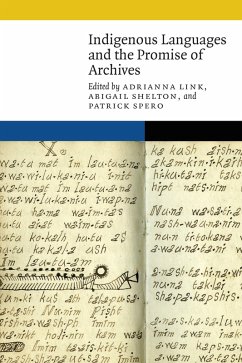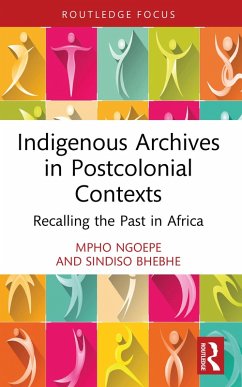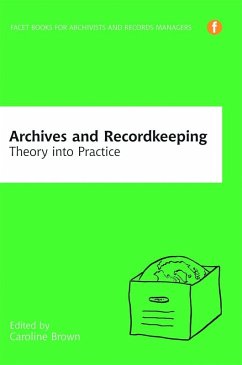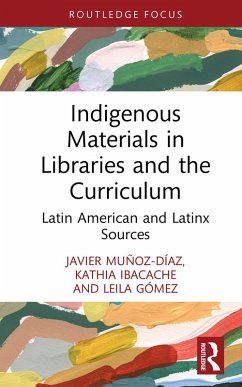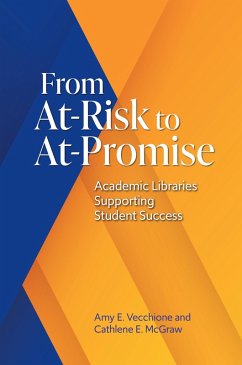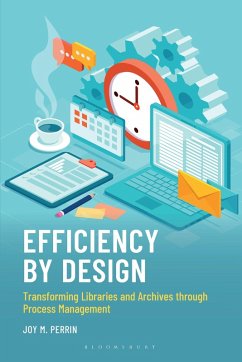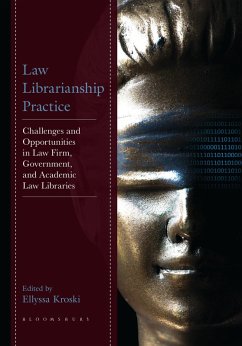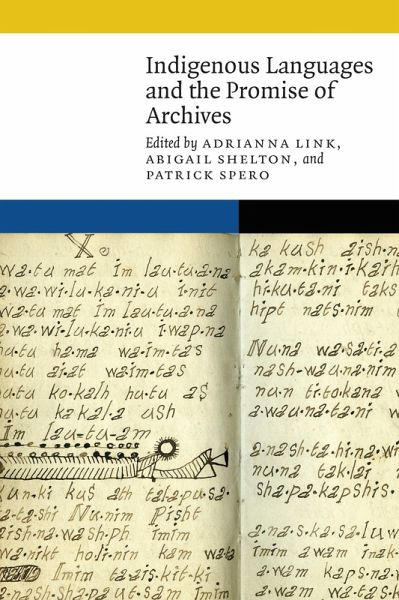
Indigenous Languages and the Promise of Archives (eBook, PDF)
Versandkostenfrei!
Sofort per Download lieferbar
34,95 €
inkl. MwSt.
Weitere Ausgaben:

PAYBACK Punkte
17 °P sammeln!
Indigenous Languages and the Promise of Archives captures the energy and optimism that many feel about the future of community-based scholarship, which involves the collaboration of archives, scholars, and Native American communities. The American Philosophical Society is exploring new applications of materials in its library to partner on collaborative projects that assist the cultural and linguistic revitalization movements within Native communities. A paradigm shift is driving researchers to reckon with questionable practices used by scholars and libraries in the past to pursue documents re...
Indigenous Languages and the Promise of Archives captures the energy and optimism that many feel about the future of community-based scholarship, which involves the collaboration of archives, scholars, and Native American communities. The American Philosophical Society is exploring new applications of materials in its library to partner on collaborative projects that assist the cultural and linguistic revitalization movements within Native communities. A paradigm shift is driving researchers to reckon with questionable practices used by scholars and libraries in the past to pursue documents relating to Native Americans, practices that are often embedded in the content of the collections themselves. The Center for Native American and Indigenous Research at the American Philosophical Society brought together this volume of historical and contemporary case studies highlighting the importance of archival materials for the revitalization of Indigenous languages. Essays written by archivists, historians, anthropologists, knowledge-keepers, and museum professionals, cover topics critical to language revitalization work; they tackle long-standing debates about ownership, access, and control of Indigenous materials stored in repositories; and they suggest strategies for how to decolonize collections in the service of community-based priorities. Together these essays reveal the power of collaboration for breathing new life into historical documents.
Dieser Download kann aus rechtlichen Gründen nur mit Rechnungsadresse in A, B, BG, CY, CZ, D, DK, EW, E, FIN, F, GR, HR, H, IRL, I, LT, L, LR, M, NL, PL, P, R, S, SLO, SK ausgeliefert werden.




